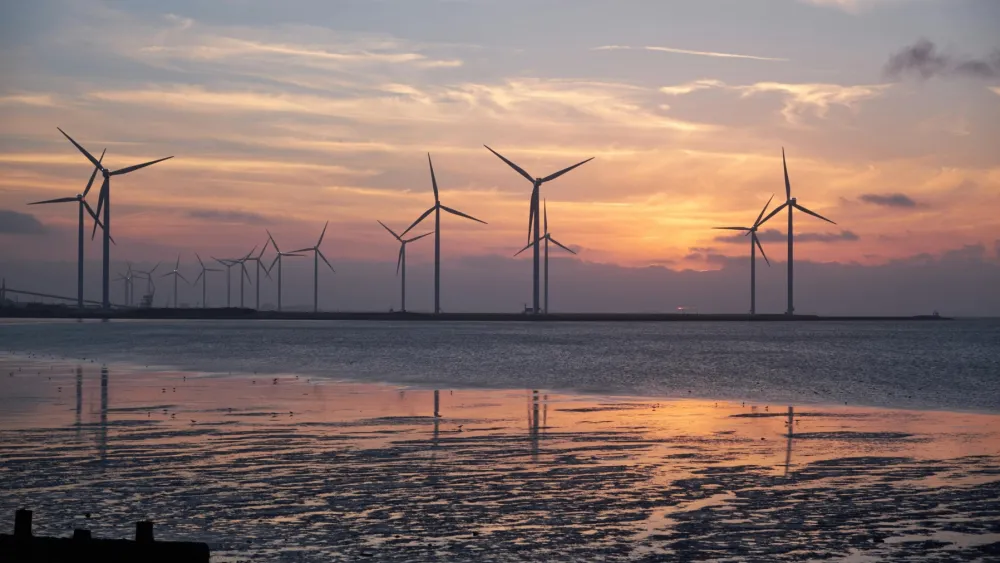
Energy transition may generate 40 million energy sector jobs by 2050: report
It can also lead to a GDP increase of 1.5% by 2050 through a 1.5°C pathway.
Robust policies to accelerate energy transition can bolster socio-economic benefits that generate 40 million energy sector jobs and impact across the world, according to the International Renewable Energy Agency (IRENA).
In a report published before the UN Climate Conference COP28, progressive policy actions can fast-track significant economic prosperity and a high job count by 2050.
Energy transition can lead to an average annual increase in GDP of 1.5% by 2050 through the 1.5°C pathway compliant with the Paris Agreement. It is projected to produce 40 million jobs in the sector, with 18 million jobs in renewable energy.
However, the energy transition is off-track. The impact of the energy transition will vary in every region, signifying disparities in economic opportunities and statuses.
Asia is projected to generate 55% of global renewable jobs in 2050, with Europe at 14% and the Americas at 13%. However, the Sub-Saharan Africa will only produce 9%. Yet, major economies like India and China will see impactful growth across the globe.
ALSO READ: Australia support RE startups with $1.1m funding
Thus, much attention needs to be placed on electrification and efficiency, driven by renewable energy, clean hydrogen, and sustainable biomass. Specifically, it requires tripling installed capacity by 2030. And importantly, a holistic approach is needed to utilise international cooperation and systemic changes to accelerate energy transition.
“The energy transition holds great promise for boosting the global economy, but we must address persistent inequality. Bridging gaps in climate policy ambition and fostering essential structural changes places unprecedented demands on policymakers,” Francesco La Camera, Director-General of IRENA, said.



















 Advertise
Advertise







